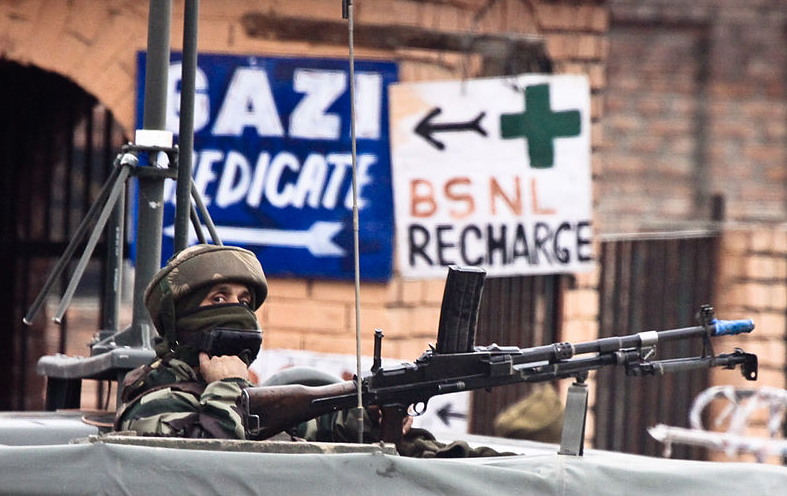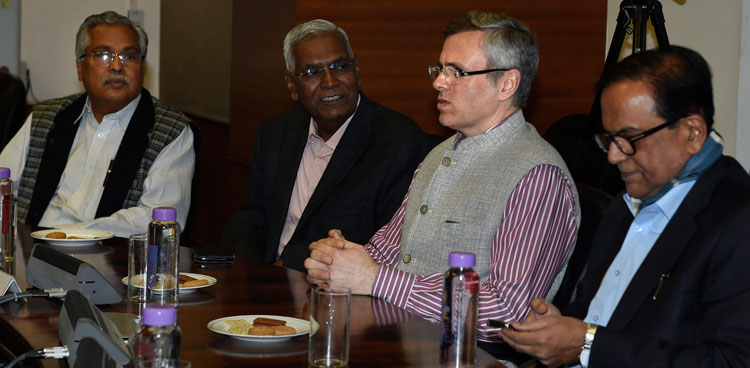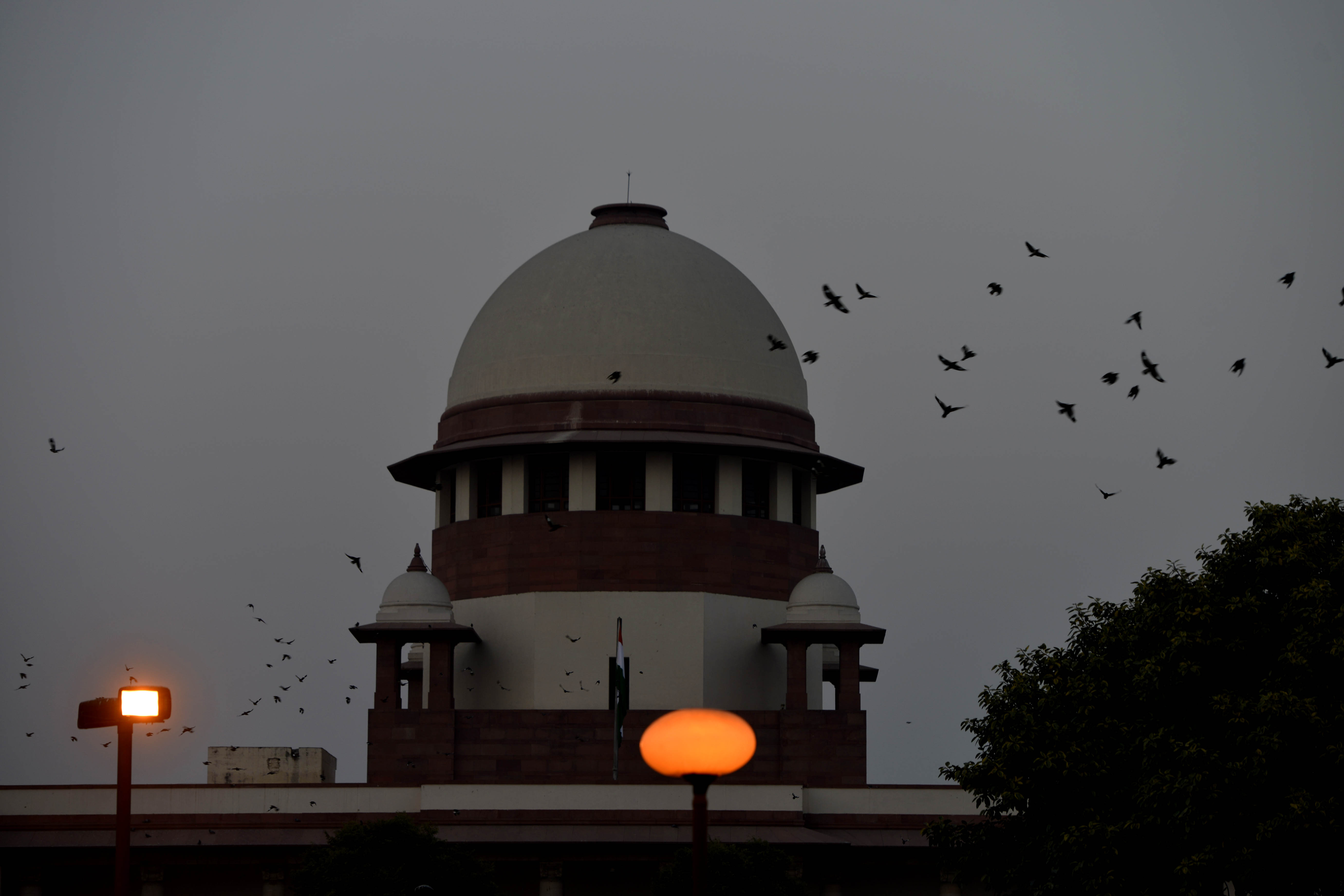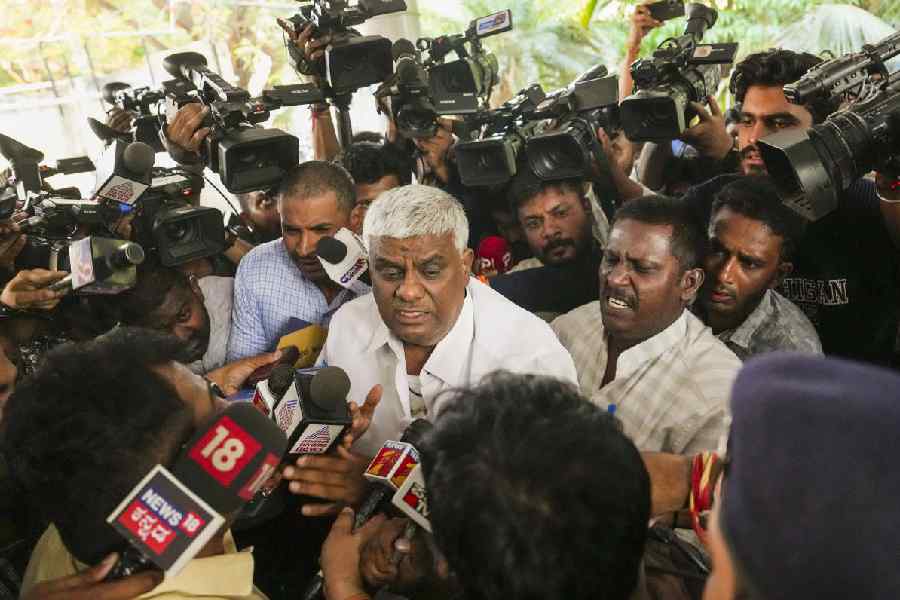Some bridges need to be nurtured. They have been built over troubled waters. Article 370, a constitutional provision, was meant to be such an edifice by India’s founding fathers that would bind Kashmir to the nation. The decree invests residents of Jammu and Kashmir with a special set of entitlements pertaining to citizenship, the ownership of property and some other fundamental rights. The Bharatiya Janata Party has been resolutely opposed to Article 370, demanding its abrogation in its electoral manifestos. The Union home minister, Amit Shah, reignited the debate recently when he mentioned that Article 370 was ‘temporary’ in nature. Mr Shah’s observation and the BJP’s confrontational attitude have renewed anxieties that the BJP-led government at the Centre would be seeking ways of doing away with an instrument that had been integral to Jammu and Kashmir joining the Union during a turbulent time.
There is merit in the argument to protect this metaphorical bridge. The BJP and its minders seem unable to comprehend that the creation of the Union had been premised on certain agreements that had been made necessary by the political exigencies of the time. It will be unwise to view these privileges as concessions, something that Mr Shah and his party have insinuated time and again. On the contrary, Article 370 is a testimony to the spirit of accommodation that facilitated the inception of the modern republic. It is symbolic of the spirit of inclusion which, in turn, represents the core of the Idea of India. It must also be pointed out that Jammu and Kashmir is not the only state that has access to a set of singular rights endorsed by bona fide authorities. Article 371A guarantees Nagaland the way of life of its people in some key areas, restricting the legislative role of Parliament in the process. Yet, it is Article 370 that riles the BJP. Critics allege that one of the reasons for the BJP’s grouse may have to do with the fact that the article functions as a safeguard against a demographic realignment in India’s only Muslim-majority state. The neutering of Article 370 is premised upon a nod from the state assembly. This looks unlikely, given that the next assembly elections are not scheduled immediately. But the challenge lies elsewhere. Attempts to tinker with the provision would precipitate the crisis in Kashmir. A show of strength — the BJP’s campaign on Article 370 is an example — is not enough. What can heal Kashmir is dialogue, not intimidation.












